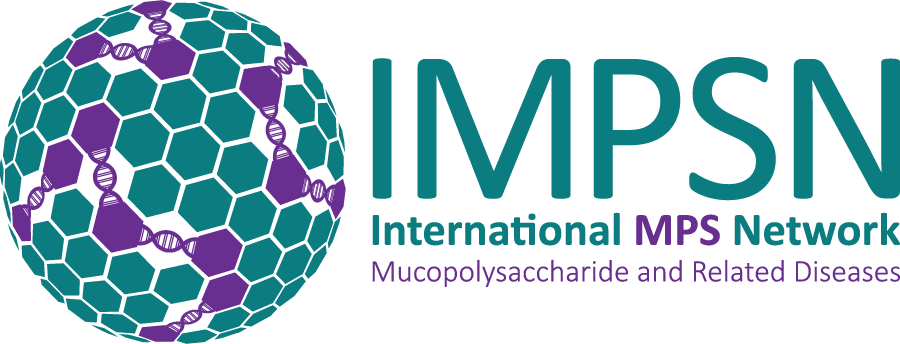What is MPS VII?
MPS VII is a mucopolysaccharide disease also known as Sly syndrome. It takes its name from Dr. William Sly who originally described the condition in 1972.
What Causes This Disease?
Mucopolysaccharides are chains of sugar molecules used to build connective tissues in the body.
“muco” refers to the thick jelly-like consistency of the molecules
“poly” means many
“saccharide” is a general term for a sugar molecule
The body constantly replaces used materials and breaks them down for disposal. Patients with MPS VII are missing the enzyme beta-glucuronidase, which is essential to breaking down the mucopolysaccharides heparan sulfate, chondroitin 4-, 6-sulfates, and dermatan sulfate. These materials remain stored in the body’s cells, causing progressive damage. Babies may show little sign of the disease, but as cells sustain damage, symptoms start to appear.
To request more information about MPS and related LSD’s please contact us.
